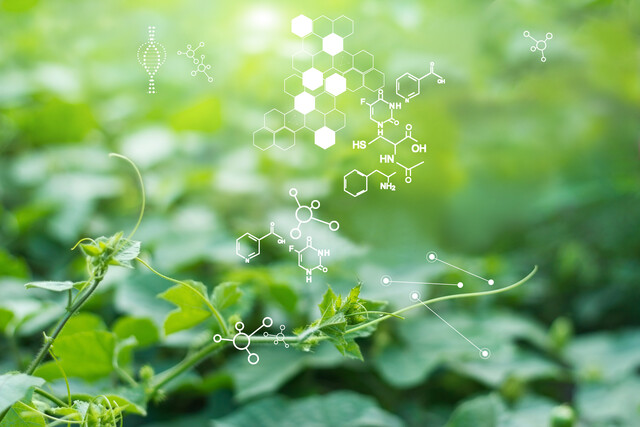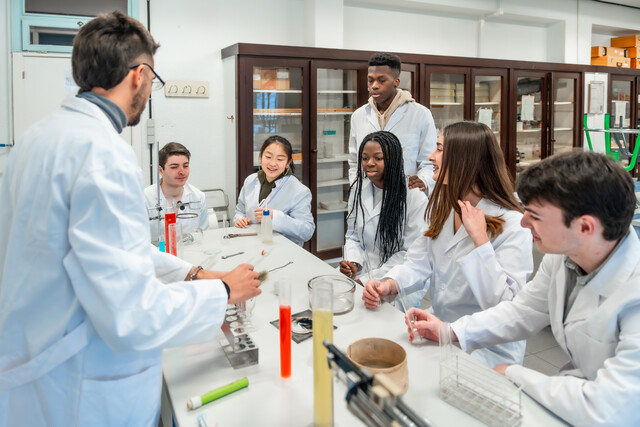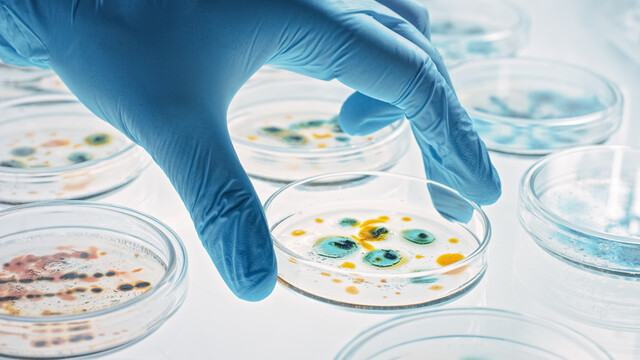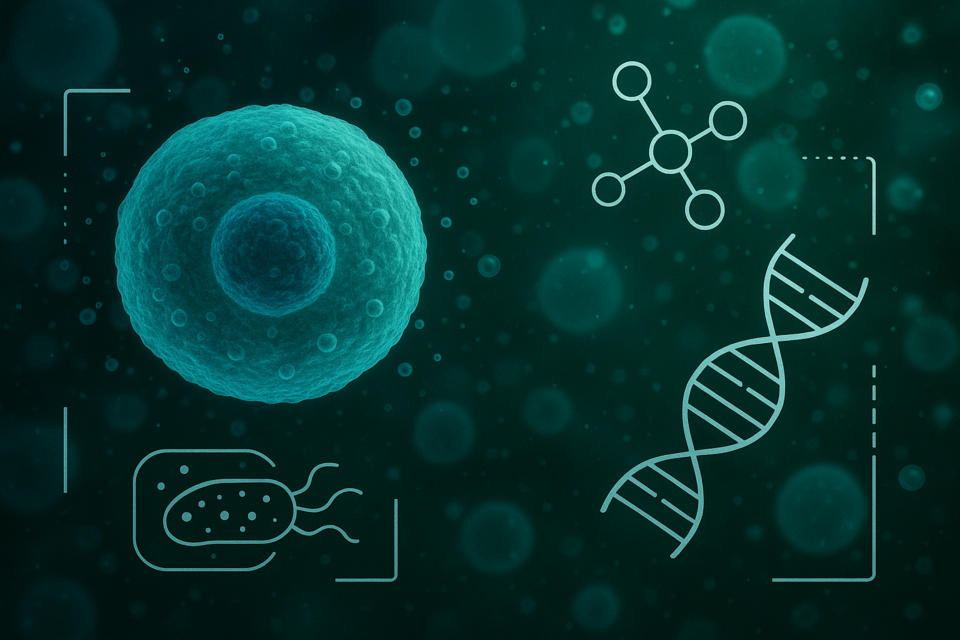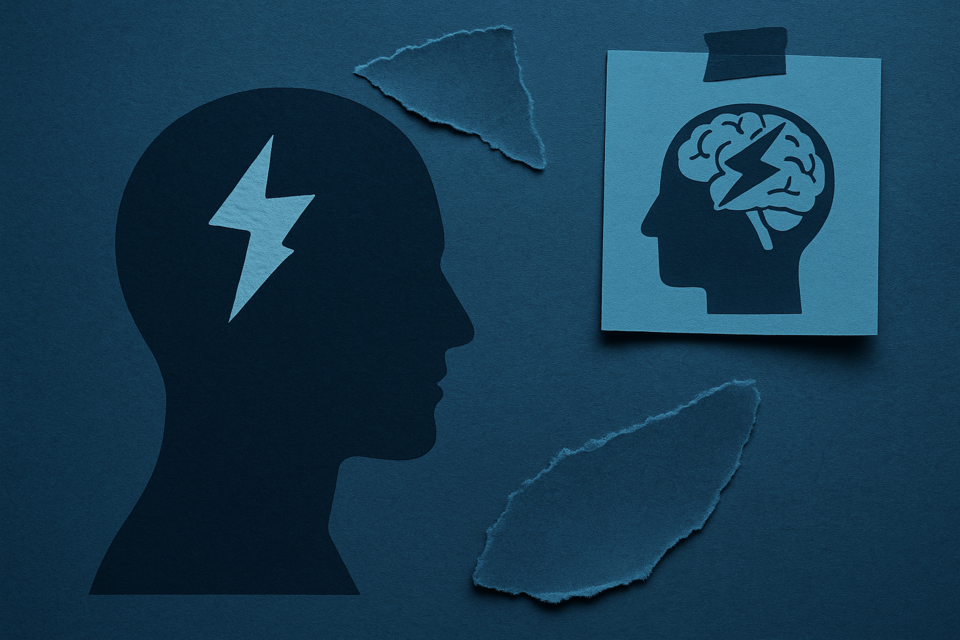Lesson 1. Biology's Beginnings: From Ancient Rituals to Rational Inquiry
From ancient times, biology evolved from mystical explanations of disease to a rational exploration of life's complexities, eventually paving the way for modern science. Anchored by pioneers like Hippocrates and Aristotle, the field has continually advanced through empirical observation and inquiry.
Lesson 2. Scientific Inquiry: Observations, Experiments, and Discoveries
Essentially, the scientific method begins with keen observation and is followed by the formation of a hypothesis to explain phenomena; experiments then confirm or refute this hypothesis. Its versatility serves diverse disciplines, from uncovering the secrets of DNA to unraveling societal patterns, promoting a broad understanding of our world.
Lesson 3. The Journey of Life: Understanding Cellular Foundations and Ecological Harmony
The tapestry of life, shaped over billions of years, showcases the intricate biological principles that structure and connect all living organisms on Earth. By exploring these concepts, we uncover the marvels of cellular processes, ecological balance, and evolutionary dynamics that continue to inspire scientific inquiry and appreciation.
Lesson 4. Biology's Backbone: The Chemical Connection
Modern advancements like synthetic biology and systems biology demonstrate chemistry's potential to recreate and modify life's processes. With tools like CRISPR expanding genetic editing, chemistry orchestrates the molecular bonds that define life's genetic blueprints.
Lesson 5. Chemical Bonds and the Molecular Mosaic
Atoms, the keystone of matter, consist of subatomic particles, each arrangement dictating an element's properties. The periodic table maps these elements, aiding in the prediction and understanding of chemical behaviors.
Lesson 6. Biochemistry Basics
Biogeochemistry investigates human and natural chemical impacts on ecosystems, such as carbon emissions affecting oceans or fertilizers altering soil ecology. This field balances agricultural progress with environmental responsibility through in-depth studies of chemical interactions.
Lesson 7. Cells: Life's Fundamental Units
Prokaryotic cells thrive through binary fission and diverse metabolism, showcasing their adaptability in extreme environments, while eukaryotic cells' compartmentalization allows complex organisms to perform specialized functions. The ongoing exploration of cellular mechanics, powered by advances in genetic technology like CRISPR, promises insights into disease and the future of medicine.
Lesson 8. Photosynthesis and Cellular Respiration
Photosynthesis converts light energy into chemical energy stored in glucose, crucially involving chlorophyll in plants. Cellular respiration then breaks down glucose, releasing energy to synthesize ATP, the life's energy currency, completing the energy cycle in organisms.
Lesson 9. The Genesis of Genetic Understanding: Gregor Mendel's Pioneering Insights
The mid-19th century witnessed Mendel's revolutionary experiments with pea plants, challenging the 'blending' inheritance notion by introducing particulate inheritance. His laws, Segregation and Independent Assortment, became instrumental in genetics, profoundly impacting fields like agriculture, medicine, and conservation biology.
Lesson 10. Mendelian Genetics and its Contemporary Relevance
The study of genetics, pioneered by Gregor Mendel, explores how traits pass through generations, primarily through dominant and recessive alleles. Advanced understanding includes phenomena like incomplete dominance and polygenic inheritance, illustrating genetic influence across diverse traits and species.
Lesson 11. Decoding the Mysteries of Molecular Genetics: From Pangenes to Personalized Medicine
Forsaking simplicity, genetic science probes deeper, intertwining genetics and epigenetics, even exploring synthetic biology's potential for societal benefits. Genetic manipulation's far-reaching implications prompt dialogue and education, curbing disparities and expanding global equality.
Lesson 12. DNA & RNA: Beneath the Surface of Transcription
Gene expression is the orchestration of genetic codes into biological activity, mirroring a symphony where transcription is the opening act. Key players like transcription factors conduct this symphony, ensuring genes are appropriately expressed or silenced to create life-sustaining proteins.
Lesson 13. Decoding Genetic Diversity: How Unique Are We?
Genetic science paves the way for personalized medicine, creating treatment plans tailored to an individual's genetic profile, thus improving health outcomes. Such advances extend beyond personal health, influencing public health strategies and agricultural practices, highlighting its broad societal impact.
Lesson 14. The Beginning of Life: A Cosmic and Terrestrial Journey
Life's cellular complexity suggests a long evolutionary trajectory starting from primitive Earth conditions, with key processes like the Miller-Urey experiment demonstrating life's potential chemical beginnings. The RNA world hypothesis posits RNA as the precursor bridging chemistry and biology.
Lesson 15. Life from Non-life: A Historical Perspective
For centuries, humanity believed in the theory of spontaneous generation, embraced by philosophers like Aristotle, suggesting life arose from non-living matter. This notion was debunked through the efforts of scientists like Francesco Redi and Louis Pasteur, leading to the modern understanding that life originates from preexisting life and complex chemical reactions.
Lesson 16. Unveiling the Mysteries of Life's Oceanic Origins
Theories from the Scripps Institution suggest Earth's 'Snowball Earth' period preserved the oceans as life-nurturing cradles under ice. This environment shielded early life from threats, allowing biochemical processes to flourish.
Lesson 17. From Aristotle to Lamarck: Pioneers of Evolutionary Theory
Ancient philosophy and mythology shaped early evolutionary ideas, although they lacked scientific rigor. In the Middle Ages, scholars like Al-Jahiz and Aquinas infused religious and empirical thought, laying groundwork for future evolutionary discussions.
Lesson 18. Genetic Evolution: The Symphony of Natural Selection and Drift
The intricate tapestry of life is illuminated by the mechanisms of evolution, where principles like natural selection and genetic drift shape organisms' survival. Charles Darwin's concept of non-random environmental pressures highlights how advantageous traits prevail, while genetic drift adds a layer of randomness, especially in smaller populations.
Lesson 19. Unveiling Evolution's Patterns
Sympatric speciation challenges traditional evolution by proposing species divergence within the same habitat, while parapatric views gradual change across environments. Evolutionary patterns reveal dynamic routes like allopatric isolation, demonstrated vividly by Australia's and Madagascar's unique wildlife.
Lesson 20. Echoes of Evolution: A Journey of Change and Influence
Adaptation is nature's way of ensuring survival by fine-tuning traits to meet environmental challenges, as seen in wolves and Darwin's finches. Similarly, coevolution creates intricate interdependencies between species, enhancing their evolutionary prospects, such as the yucca plant and yucca moth.
Lesson 21. Evolutionary Connections: Darwin to Modern Genetics
The intersection of DNA sequencing and archaeological research offers a cohesive understanding of human evolution, evidenced by findings of Neanderthal DNA in modern humans. These multidisciplinary approaches validate migration theories and offer a timeline of early human encounters and interactions.
Lesson 22. Evolution Unveiled: Humanity's Continuous Story
Acknowledging our evolutionary roots enriches our understanding of modern health and behavior, offering insights that influence medical interventions and mental health strategies. This knowledge empowers us to recognize and adapt to contemporary challenges by aligning them with our biological frameworks.
Lesson 23. Population Dynamics: Unveiling the Patterns of Growth and Decline
Factors such as carrying capacity and resource availability critically shape population dynamics and inform policies from wildlife management to urban development. Linear and exponential growth models offer perspectives on population changes, with real-world complexities highlighting the limitations and potential outcomes these models reveal.
Lesson 24. The Complex Web of Population Dynamics
Birth rate intricacies revolve around factors such as fertility, fecundity, and cultural influences, impacting population structures significantly.
Lesson 25. The Dance of Nature: Biotic and Abiotic Factors in Harmony
Limiting abiotic factors determine species presence, with organisms like camels and cordgrass displaying extreme adaptations to thrive in challenging conditions. These factors, including soil pH and temperature, create niche ecosystems where only specialized life forms can prevail.
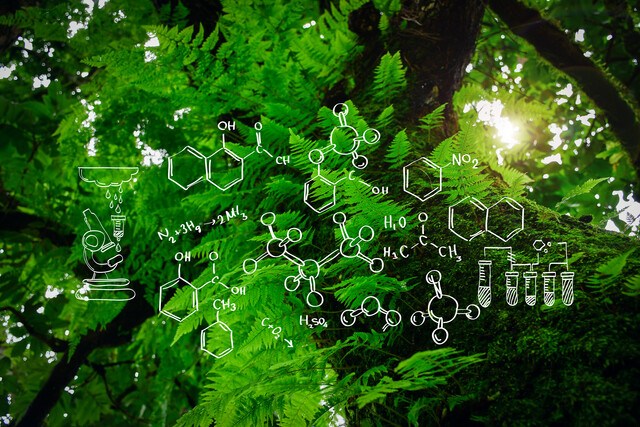
14 Hours average completion time
1.4 CEUs
30 Lessons
41 Exams & Assignments
106 Discussions
31 Videos
39 Reference Files
Mobile Friendly
Last Updated July 2024

